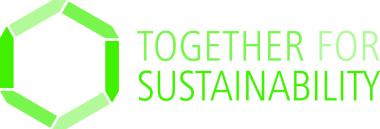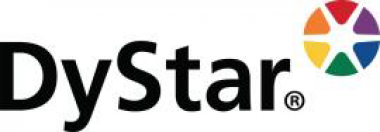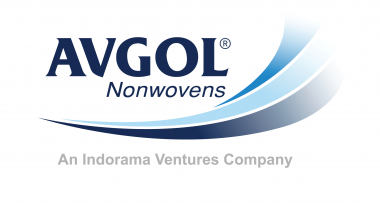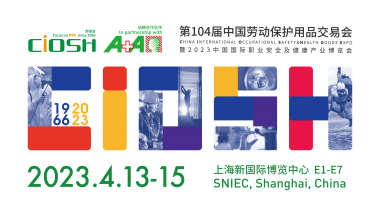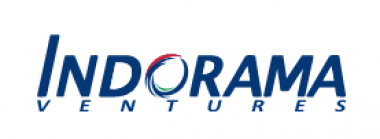Mimaki launches Tiger600-1800TS Dye Sublimation Printer
Mimaki Europe, a provider of industrial inkjet printers, cutting plotters, and 3D printers, is debuting the new Tiger600-1800TS, Mimaki’s most productive sublimation transfer printer, on its stand at ITMA 2023. This latest high-speed, compact and robust roll-to-roll inkjet printer has been designed to accelerate the analogue to digital transformation within the textile printing industry.
The Tiger600-1800TS boasts a maximum printing speed of 550 m2/h (143% faster than the previous model) owing to the renovated high-speed printhead and Mimaki’s proprietary image quality enhancement technologies. The printer’s size has also been halved compared to the previous system, with the paper mounting and winding system both located at the back of the machine. This smaller footprint enables customers to easily install multiple units to meet fluctuating demand, whilst also increasing overall production capacity.
A further environmental benefit of the Tiger600-1800TS will be the bluesign® certification of its MLSb510 series sublimation transfer inks. This certificate, expected to be awarded in June 2023, will provide assurance that these inks are of highest quality combined with due consideration for the safety of consumers and print operators, and environmental conservation, and therefore, contributing to the sustainability of the textile industry.
Mimaki’s expertise in developing reliable, easy-to-use and efficient solutions has also not faltered in the development of the Tiger600-1800TS. The printer’s ink tanks can be replaced without interrupting the printing process, minimising down time. Maintenance of the printer is also reduced with its roller paper feeding method eliminating the need for the application of adhesives onto a belt.
Mimaki Europe







